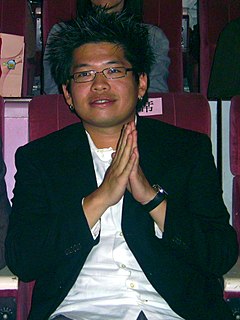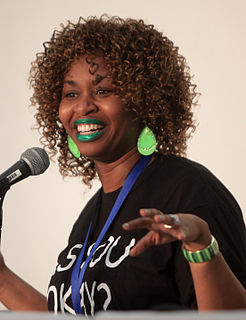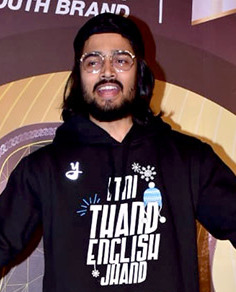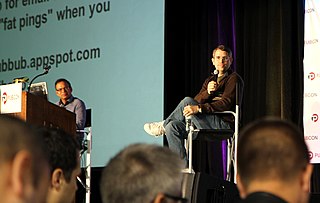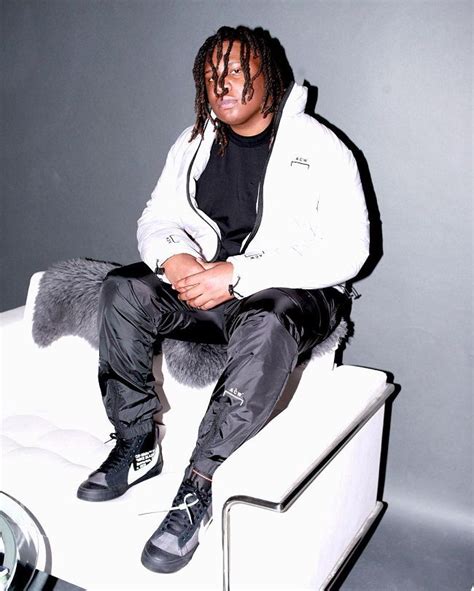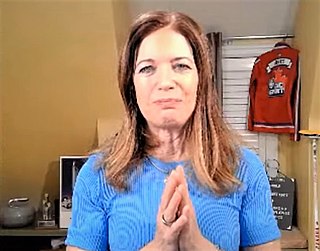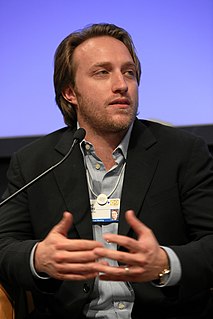A Quote by Steve Chen
By augmenting the pages in the upload process with educational text regarding the type of content that can be uploaded to YouTube, we have seen a sharp overall reduction with users uploading copyrighted materials.
Related Quotes
One other specific piece of guidance we've offered is that low-quality content on some parts of a website can impact the whole site’s rankings, and thus removing low quality pages, merging or improving the content of individual shallow pages into more useful pages, or moving low quality pages to a different domain could eventually help the rankings of your higher-quality content.
